#Gethsemane
Explore tagged Tumblr posts
Text
sorry i forgot about tumblr again 😢

233 notes
·
View notes
Text

Heinrich Hofmann (German, 1824-1911) Christ in Gethsemane, 1890 Gethsemane chapel Jesus prayed the same prayer three times in the Garden of Gethsemane. Matthew 26:39-44 describes Jesus' prayer. He goes away to pray, pleading with God to take the suffering away if possible, but ultimately submitting to God's will. “For God so loved the world, that he gave his only begotten Son, that whosoever believeth in him should not perish, but have everlasting life” (John 3:16). - The Bible.
#Heinrich Hofmann#repetitive prayers#German art#German#Germany#Christ in Gethsemane#1890#1800s#art#fine art#european art#classical art#europe#european#fine arts#oil painting#europa#mediterranean#christian art#christian#christianity#christentum#catholic#catholic art#catholicism#Gethsemane#Jesus#Jesus Christ#Son of God#God the Son
143 notes
·
View notes
Text

hell yeah
239 notes
·
View notes
Text
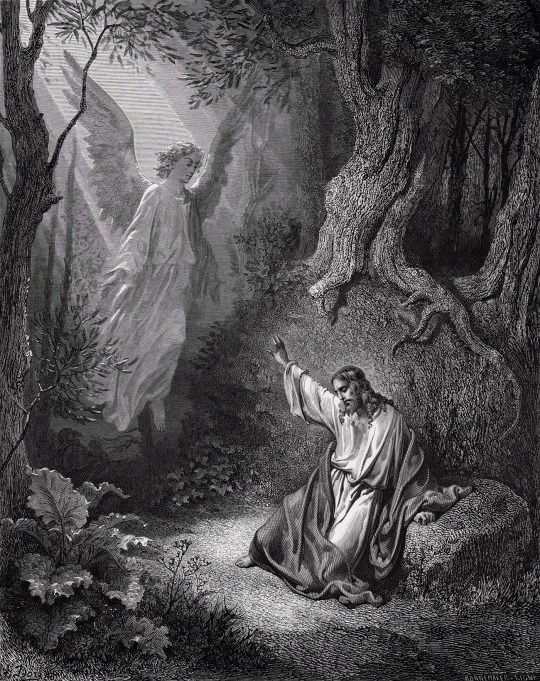
The Agony in the Garden by Gustave Doré
#jesus christ#jesus#christ#angel#art#gustave doré#garden of gethsemane#garden#gethsemane#la grande bible de tours#angels#god#agony#christian#christianity#religion#religious art#bible#biblical#religious
839 notes
·
View notes
Text

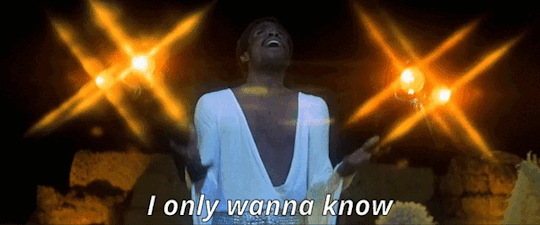

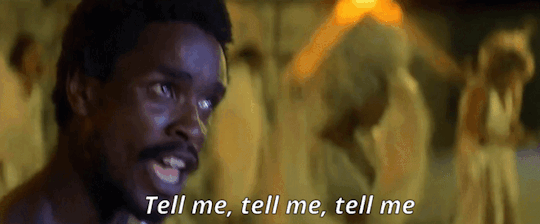
Jesus Christ Superstar (1973)
#these men want answers!#jesus christ superstar#jcs#judas#carl anderson#andrew lloyd webber#jcss#jesus christ superstar 1973#gethsemane#easter film#superstar#my gifs#jesus christ superstar gifs#ted neeley#judas iscariot#tim rice
433 notes
·
View notes
Text

you can love again / if you try again
⭐ original work
#gethsemane#car seat headrest#csh#the scholars#song lyrics#alt indie#indie rock#rock opera#photoshop#artists on tumblr#photo editing#digital art#nature#photography#lensblr#indie music#music#wheat#field#will toledo#cshr
139 notes
·
View notes
Text








Universal Jesus Stance
Ted Neeley (1973 Film) / Ben Forster (2012 Arena Tour) / Paul Nolan (2012 Broadway Revival) / Glenn Carter (2000 Film) / John Legend (2018 Live In Concert) / Ola Salo (2014 Swedish Tour) / Jeff Fenholt (1971 Broadway) / Steve Balsamo (1996 London)
#jcs#jesus christ superstar#gethsemane#jcs 1973#jcs 2012#jcs arena tour#jcs arena 2012#jcs broadway 2012#jcs 2000#jcs 2018#jcs 2014#jcs 1971#jcs 1996#ted neeley#ben forster#paul nolan#glenn carter#john legend#ola salo#jeff fenholt#steve balsamo#i’m so funny#(not)#tweet
55 notes
·
View notes
Text
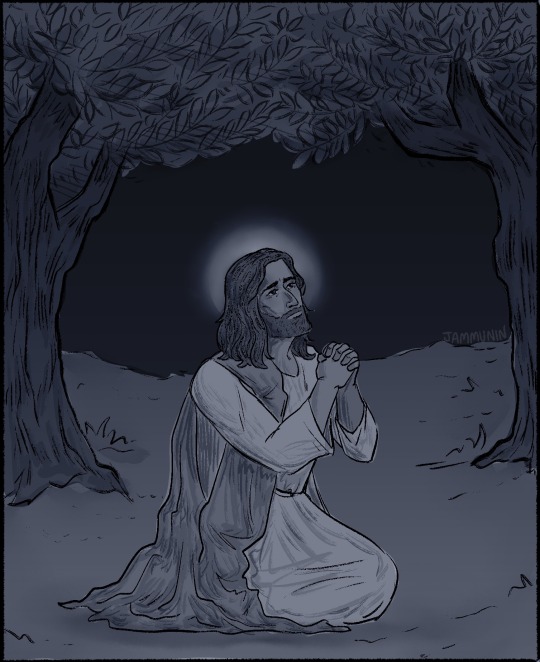
gethsemane
#my art#art#artists on tumblr#digital art#photoshop#fanart#jesus fandom#jesus christ#jesus of nazareth#jesus fanart#jesus#bible fandom#bible fanart#holy bible#the bible#gethsemane#jesus christ superstar#garden of gethsemane#praying
198 notes
·
View notes
Text
a new 10+ minute csh song has been unleashed I'm no longer killing myself
45 notes
·
View notes
Text

to celebrate the new album!! yayyyy!!!! csh fans how we feeling.. ( i am clawing at the walls )
#car seat headrest fanart#car seat headrest#the scholars#nervous young man#how to leave town#twin fantasy#art#artists on tumblr#digital art#procreate#trans artist#artwork#queer artist#fanart#spotify#digital artist#dog#gethsemane#there is more to come
28 notes
·
View notes
Text
18(/19) minutes???

csh youre spoiling us..
#im pretty sure famouse prophets is the longest csh song released atm to my knoledge so...#ig planet depression is next#also im intrigued by lady gay approximately#csh#car seat headrest#gethsemane#the scholars album#CCF (I'm gonna stay with you)
21 notes
·
View notes
Text


what’s that blood along the ridges?
22 notes
·
View notes
Text


what IS this creature
77 notes
·
View notes
Text
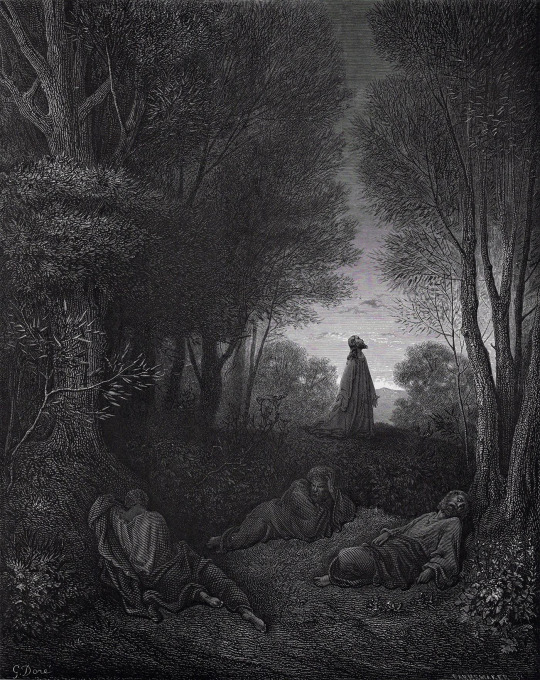
Jesus Praying in the Garden by Gustave Doré
#jesus christ#jesus#christ#art#gustave doré#garden of gethsemane#mount of olives#la grande bible de tours#garden#praying#prayer#agony#peter#john#james#gethsemane#religion#christianity#christian#religious art#bible#biblical#religious#god#james the great#peter the apostle#saint peter#john the apostle#st peter
1K notes
·
View notes
Text
NEW CSH SONG COMING AAAAAAHHHHHHHHHH

19 notes
·
View notes
Text
Are figs flowers or stars?


"You can love again if you try again Waves wash up the puzzle pieces of high school dioramas Gifts for your nephew's birthday bring up scenes of childhood trauma Magic eye clicks into focus, it's something you'd give your right eye to unsee Is this the only way forward?" "Now you have me as I was born My breaking heart beats between your horns What comes next, beloved pet? I'll be patient waiting for the time to come To be opened up, helpless and undone"
(these lyrics filled me with curiosity and tears)
#sketch#draw#drawing#vent#art#car seat headrest#csh#twin fantasy#the scholars#gethsemane#you can love again if you try again
20 notes
·
View notes